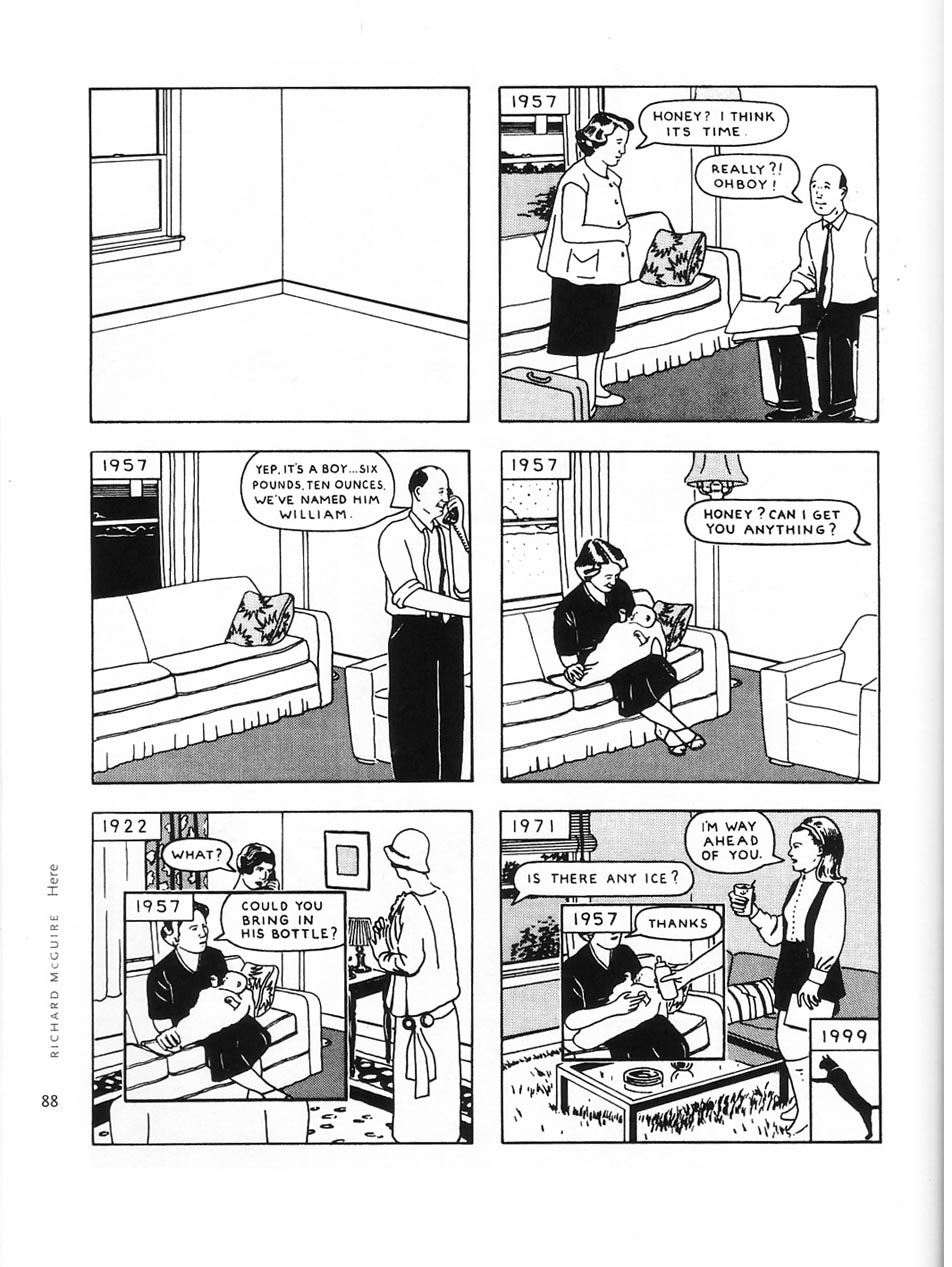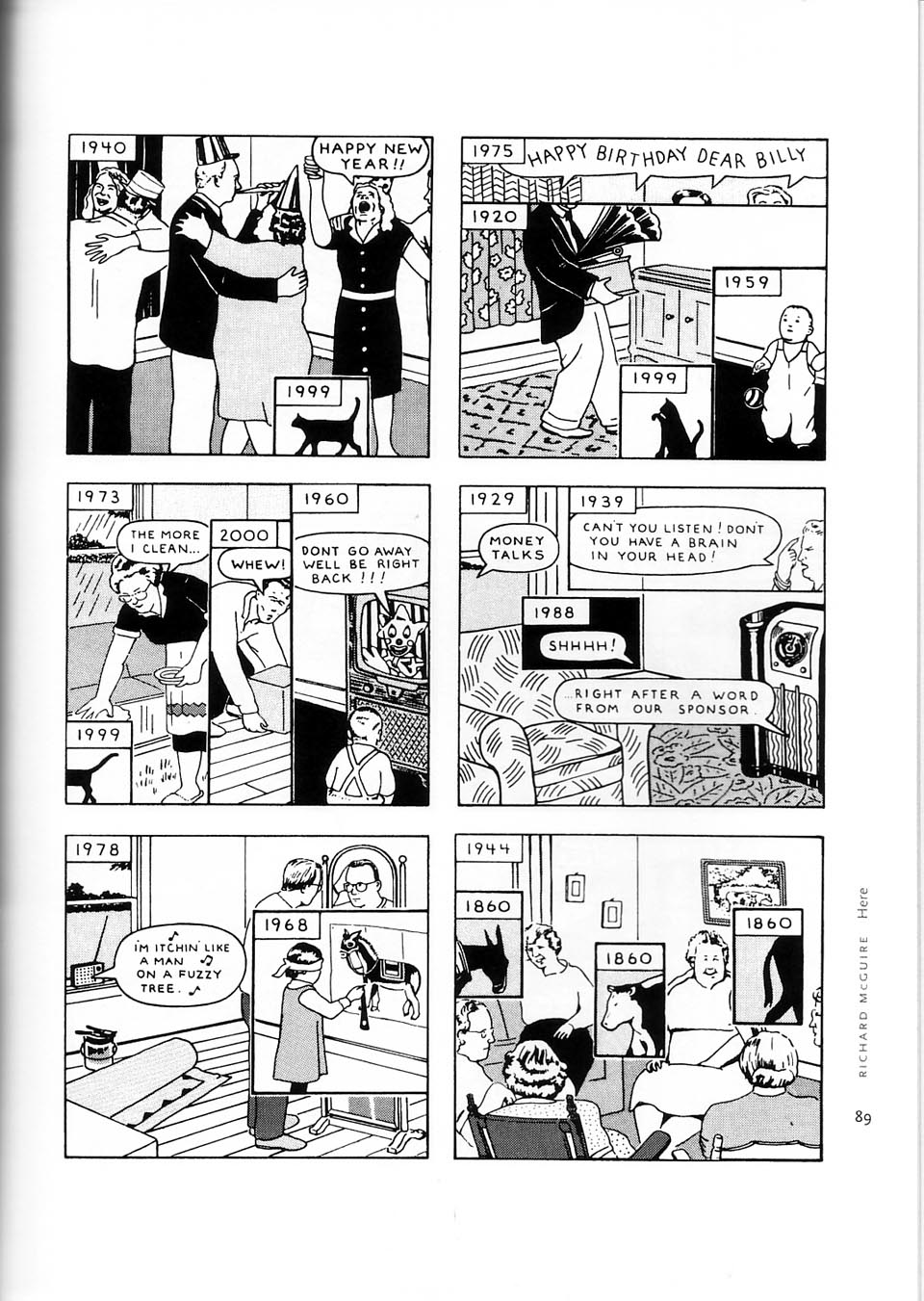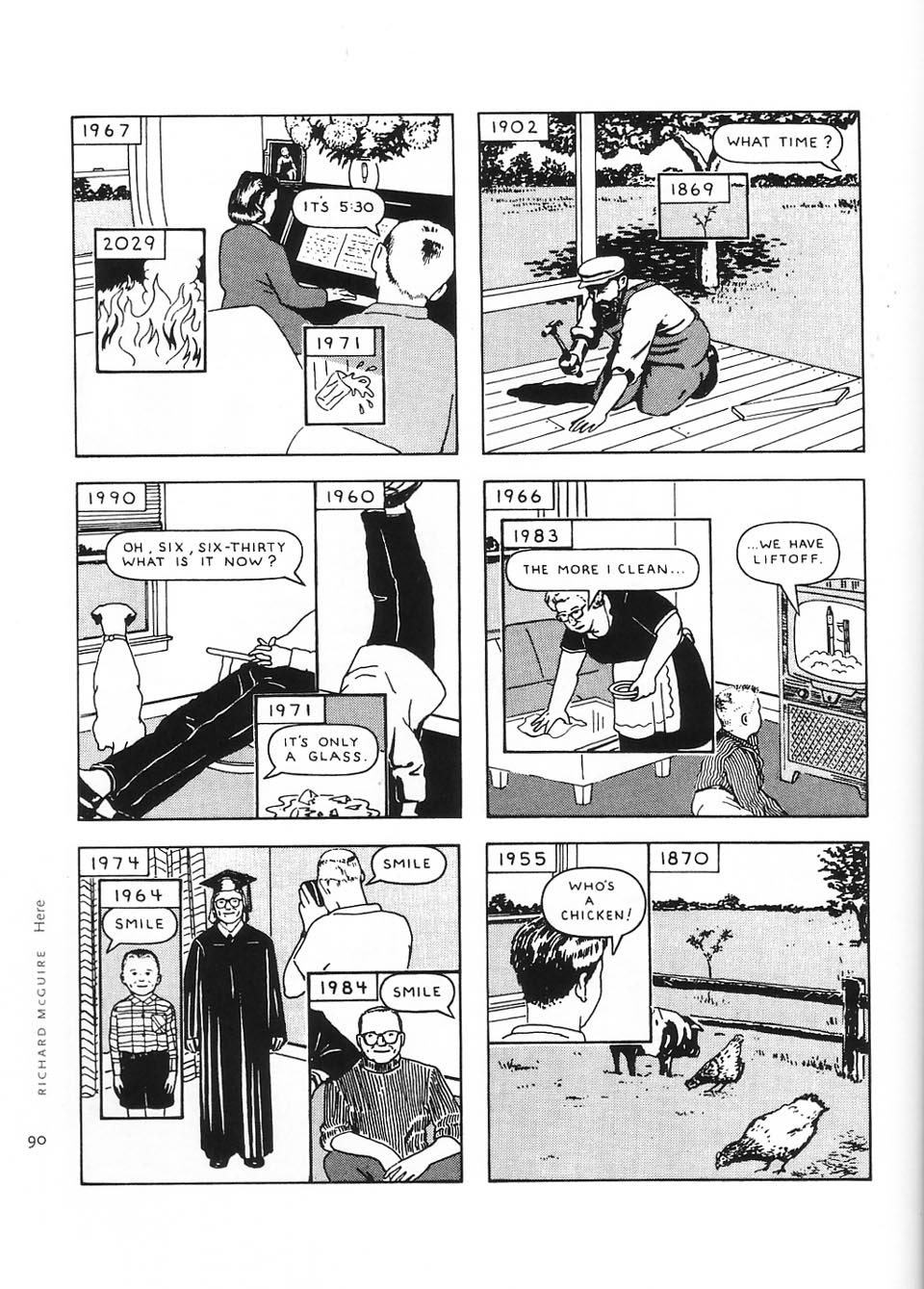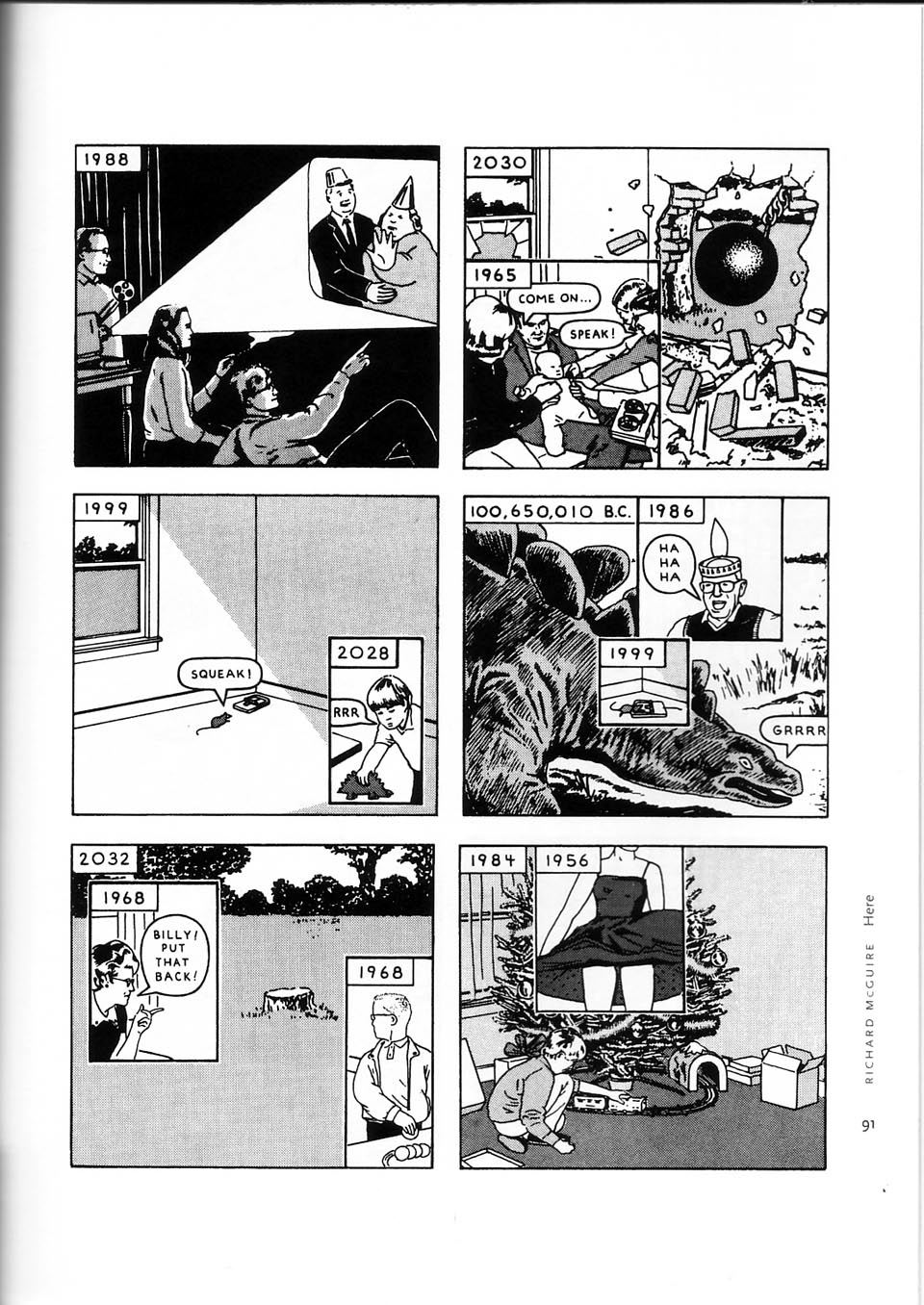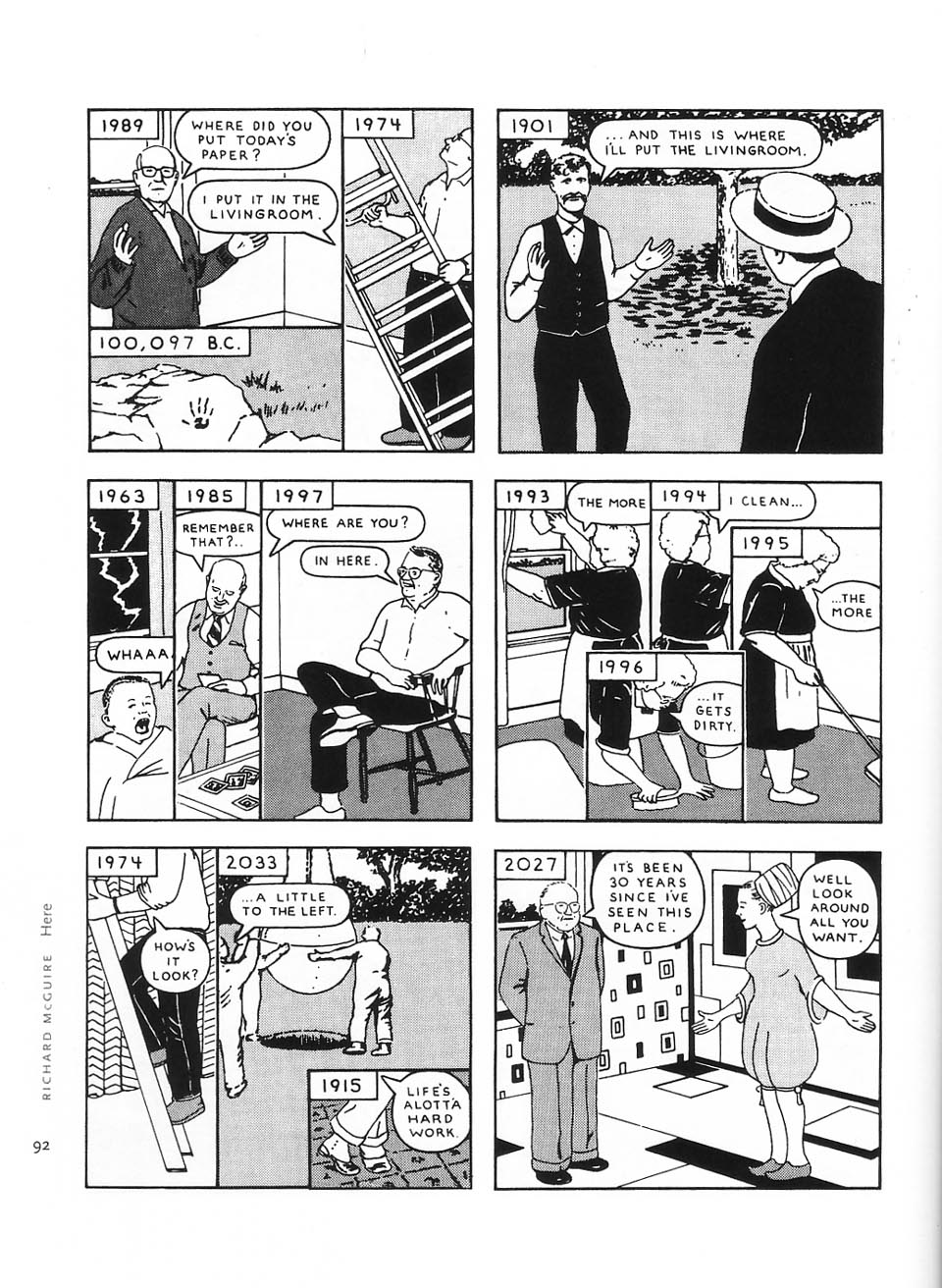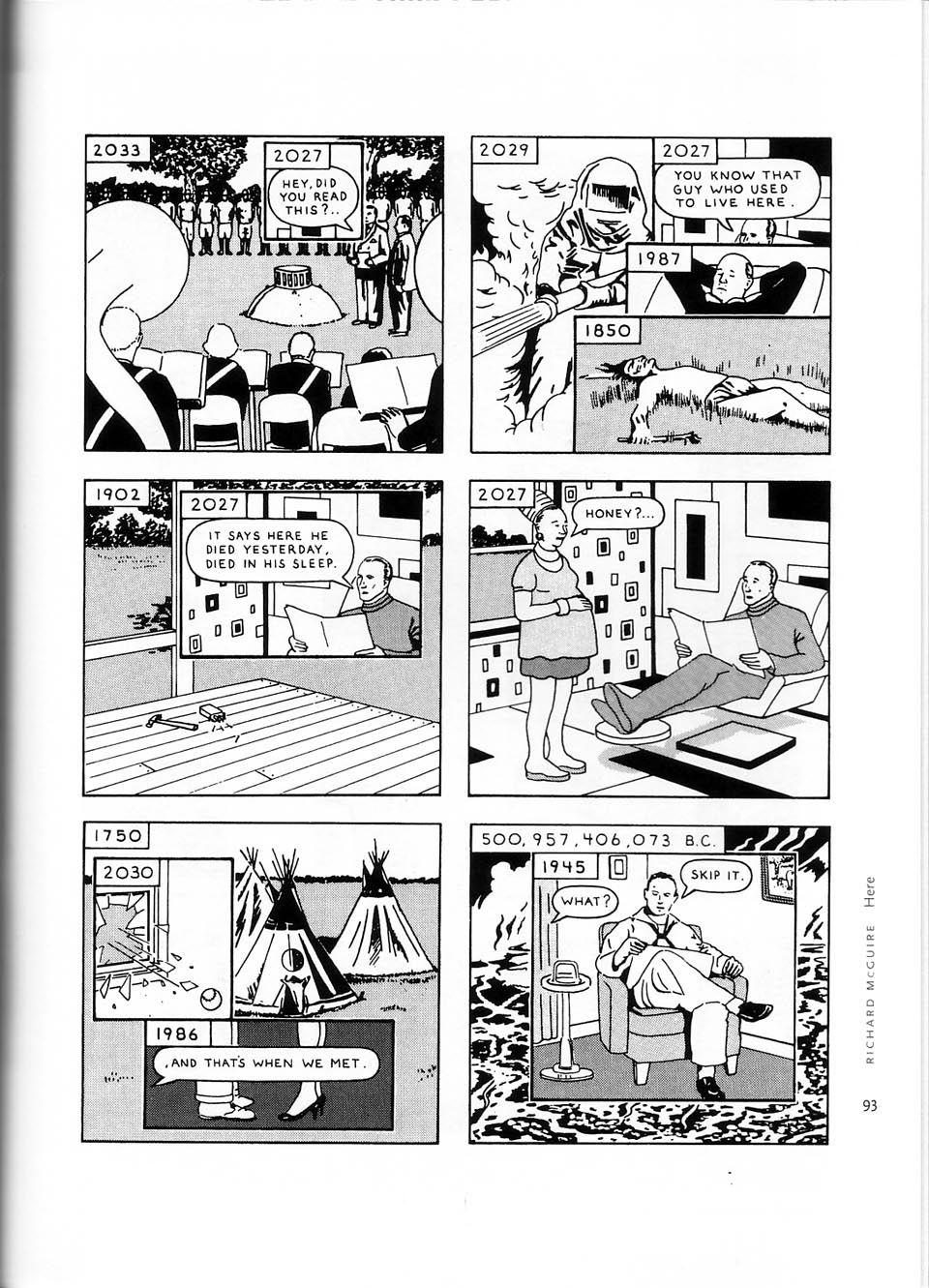Yes, we should all be feminists
Isn't that obvious? Well, maybe not to everyone. But Chimamanda Ngozi Adichie will convince you, in her recently published essay. It’s a tiny little thing, really. Not much bigger than a wallet. Thin - thinner than the small wad cash in my pants pocket. But, no matter the size, Chimamanda Ngozi Adichie’s essay We Should All Be Feminists is a sharp take on feminism, and it offers a fresh approach that should make this book required reading.
Adichie’s essay is based on her 2012 TEDx talk, of the same title, and it reads with the ease of Adichie sitting with you in a café, having a chat over an afternoon cup of coffee. Adichie’s writing here is light on theory; that is not a critical mark against her. (As she says, “Each time I try to read those books called ‘classic feminist texts,’ I get bored, and I struggle to finish them.”) Adichie isn’t asking for changes that some people might think drastic or unreasonable. Adichie’s essay is straightforward and calm; whispered, not shouted; calm, not confrontational. Her presentation simply asks us to recognize that “feminism” is something that needs to involve all genders, that we all need to be active in change.
“The problem with gender is that is prescribes how we should be rather than recognizing how we are. Imagine how much happier we would be, how much freer to be our true individual selves, if we didn’t have the weight of gender expectations.”
We, as humans, all need to be feminists, because we are all responsible for each other. We need to strive for gender equality, force change when necessary, and make adjustments to our cultures and to our habits so that we can embrace women as equals with men.
The essay isn’t all roses and glitter; Adichie doesn’t gloss over difficulties with the naivety of Pollyanna. She recognizes the difficulties in talking about feminism and gender, especially in today’s heightened climate, yet doesn’t let that become an excuse.
“Gender is not an easy conversation to have. It makes people uncomfortable, sometimes even irritable. Both men and women are resistant to talk about gender, or are quick to dismiss the problems of gender. Because thinking of changing the status quo is always uncomfortable.”
I haven’t read such a straightforward statement on feminism and why everyone should embrace it as I have in this book. Adichie brings a lot back to her upbringing in Nigeria. Stories from her adolescence or nights with friends in Lagos are a springboard for kernels of wisdom, little gems of truth that made me, at least, pull out my trusty pen and do some marking in the margins. Her ability to write about this topic in this manner demonstrates a sort of genius. But it also shows her loving spirit (one that comes through in both the essay and the TEDx talk, but more so in the video.) Adichie is not antagonistic. She points out injustices in a way that clearly indict society and culture, not men, for inequalities. And though men are often the root cause for society’s injustices, we can change that systemic thinking and create meaningful change in society by teaching everyone that all genders should be equal.
“What if, in raising children, we focus on ability instead of gender? What if we focus on interest instead of gender?”
We Should All Be Feminists is a fast read; it might take less time to read at first than watching the original TEDx talk. But racing the clock while reading it doesn’t allow time to ruminate over her phrases and important statements that permeate the book. While its brevity and lack of citations from cultural theorists may be seen by some as a failure on Adichie’s part, those naysayers would miss that those critiques are actually positives, because they allow the book to be read multiple times, in short sittings, and by a wide range of people. Adichie is helping her TEDx talk reach a larger audience. Adichie is so mild-mannered in her approach that it’s easy to agree with everything she says and wonder to yourself “Well, yes, this is all obvious; why does it have to be written?” But, clearly, that isn’t true, for if feminism was easy and gender equality was accomplished, we wouldn’t be reading this book, and I wouldn’t be writing about it in my own corner of the Internet. It’s a testament to her writing style that one thinks that; now, we have to act on it.
So what exactly is feminism? There are countless definitions out there, but Adichie's is perhaps the most succinct:
“My own definition of a feminist is a man or a woman who says,’Yes, there’s a problem with gender as it is today and we must fix it, we must do better.’”
While it’s a little early to make these kinds of proclamations, but We Should All Be Feminists may be the most important book I’ll read in 2015, and I hope you can count it as one of yours. We should embrace Adichie’s vision and progress from this point forward.


